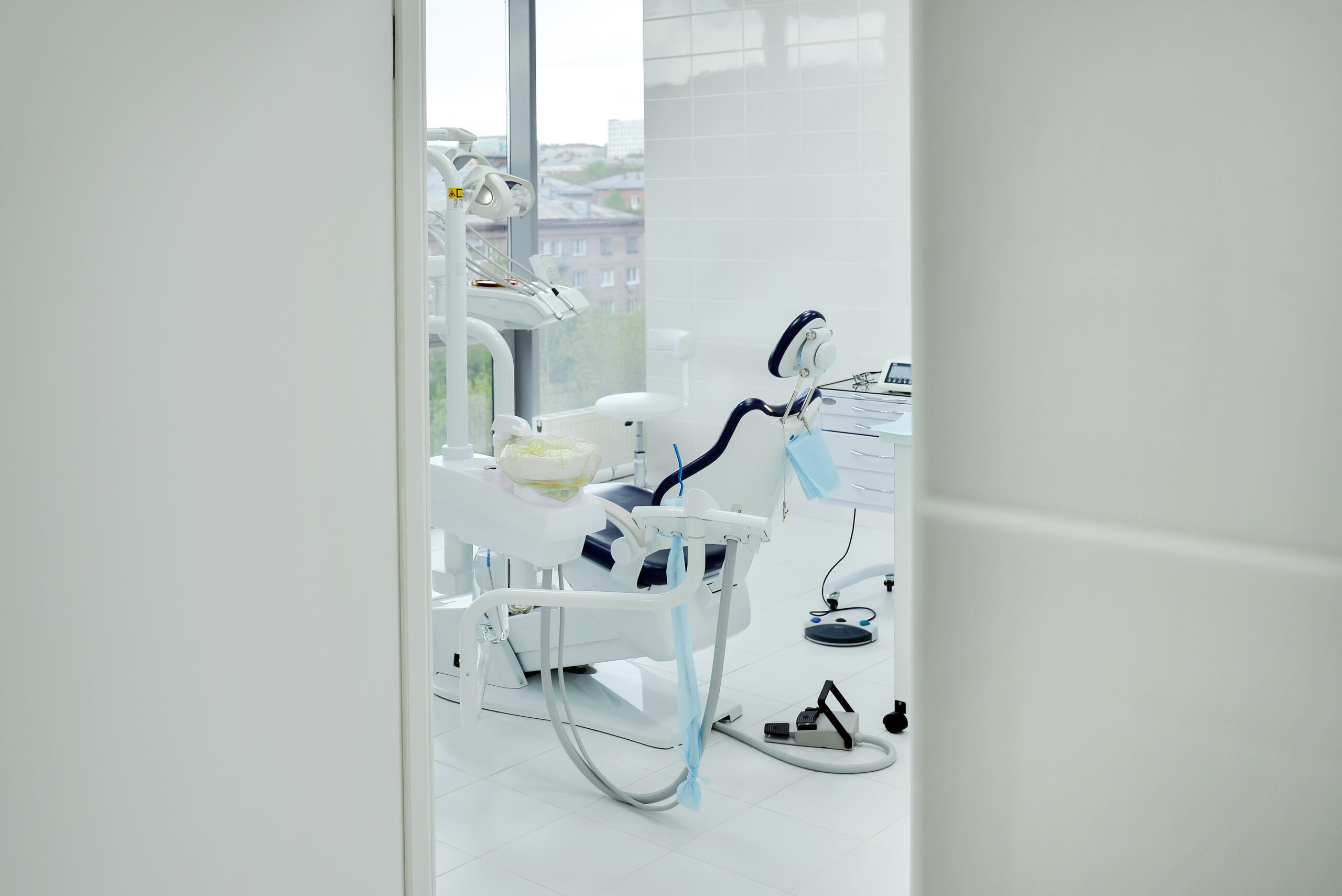Top 10 Ways To Sell Your Dental Practice Successfully
When I began exploring how dentists transition out of ownership, I quickly realized that selling a dental practice is not just about putting it on the market and waiting for a buyer. It’s a complex process that involves financial preparation, legal considerations, and most importantly, protecting the legacy you’ve built with your patients and staff. After years of research and learning from successful transitions, I’ve identified the key steps that will make this process smoother and more profitable, and I can confidently guide you through them.
So what are the top 10 ways to sell your dental practice? The most effective str ategies include getting a professional valuation, organizing your financial records, making your office more appealing, retaining your staff and patient trust, hiring an experienced broker, marketing effectively, negotiating terms wisely, planning for taxes, ensuring legal compliance, and preparing yourself personally for the next chapter.
By understanding and applying these steps, you will not only maximize the value of your practice but also ensure a seamless transition for everyone involved.
1. Get the Right Valuation First
The first and most crucial step in selling your dental practice is obtaining an accurate valuation. Many dentists make the mistake of assuming their practice is worth a certain amount based solely on revenue or what another colleague sold for. In reality, a true valuation looks deeper, considering profitability, growth potential, location, technology, and the strength of the patient base. A professional appraiser with experience in dental practice sales can assess all these factors and provide a realistic market value. Without this, you run the risk of pricing yourself out of the market or, worse, underselling the practice you worked so hard to build.
2. Organize Your Financial Records
Clear and transparent financial records are one of the strongest selling points for your practice. Buyers want to see more than just your annual revenue—they want to understand cash flow, expenses, and long-term stability. This means providing at least three years of tax returns, profit and loss statements, production reports, and expense breakdowns. By presenting clean, well-organized records, you build credibility and make it easier for buyers to trust that the practice is as profitable as you claim. On the other hand, disorganized or incomplete records can raise red flags and slow down or even jeopardize the sale.
3. Improve the Look and Feel of the Office

While numbers matter, the physical condition of your office also plays a huge role in attracting buyers. A dental practice that feels modern, clean, and welcoming is far more appealing than one that looks dated or worn down. You don’t need to undergo a full renovation, but simple updates such as fresh paint, new flooring, updated lighting, or modern equipment can make a powerful impression. Buyers often picture themselves stepping into your role, so presenting an environment where they could immediately feel proud to work will significantly boost your chances of selling quickly and at a higher price.
4. Retain Your Team and Patient Goodwill
The people behind your practice—your staff and your patients—are just as valuable as your equipment and records. Buyers know that loyal, well-trained staff members help ensure continuity of care, which makes for a smoother transition. Offering retention bonuses or reassuring your team about their future can make them more likely to stay after the sale. Similarly, patient trust and loyalty are essential assets. While you should not disclose the sale too early, once the deal is finalized, communicating openly and positively with your patients about the transition can help retain their confidence and reassure the buyer of long-term stability.
5. Hire a Dental Practice Broker
Selling a dental practice on your own can be overwhelming and may cause you to miss out on opportunities. A specialized broker brings experience, market insight, and a network of qualified buyers. They help with everything from marketing your practice to negotiating terms and guiding you through the legal and financial process. Although brokers charge a commission, their expertise often results in a higher final sale price and a smoother transaction. In many cases, their ability to navigate complex negotiations more than makes up for their fee.
6. Market Your Practice Effectively
Even the best practice won’t sell if buyers don’t know about it. Effective marketing is about reaching the right audience while maintaining confidentiality. This may involve listing your practice on dental-specific websites, reaching out through professional networks, or working with brokers who have access to private equity groups and dental service organizations (DSOs). The broader and more targeted your marketing strategy, the more likely you are to attract multiple offers, which in turn increases your negotiating power.
7. Negotiate Terms, Not Just Price
Many dentists focus entirely on the sale price, but the terms of the deal can be just as important. Buyers often want a transition period where you remain involved part-time to help ease patients and staff into the change. Other terms may include patient record management, employee retention agreements, or even non-compete clauses. By being flexible and willing to discuss terms beyond just the number on the contract, you can create a deal that benefits both you and the buyer while preserving the long-term success of the practice.
8. Plan for Taxes Early
Taxes can significantly impact how much money you ultimately walk away with from the sale. The way the deal is structured—whether as an asset sale or a stock sale—has major tax implications. By working with a CPA who understands dental practice sales, you can explore strategies to minimize capital gains taxes and maximize your net proceeds. Early tax planning is essential because once the deal is structured and signed, your options are limited.
9. Ensure Legal Compliance
Dental practices are subject to specific legal and regulatory requirements, and a misstep here can delay or even derail the sale. A healthcare attorney can help ensure that contracts are properly drafted, patient records are transferred in compliance with HIPAA, and lease or property agreements are handled correctly. They also protect you from potential liability after the sale by clearly defining responsibilities and obligations. Having strong legal support not only protects you but also reassures the buyer that the transaction is secure and legitimate.
10. Plan Your Next Chapter
Selling your dental practice is not just a financial transaction—it’s a personal milestone. Whether you plan to retire, continue working part-time, or move into another business venture, having a clear vision for your next chapter will make the transition more fulfilling. Many dentists struggle with the emotional side of letting go of a practice they’ve built over decades. By planning ahead and focusing on new opportunities, you can move forward with confidence and satisfaction, knowing you’ve secured both your financial future and the legacy of your practice.
If you’re considering selling, Buccal Up Dental offers expert support to dentists preparing for this major transition. Their team understands both the financial and emotional side of selling a practice, and they provide resources to ensure you maximize value while making the process as seamless as possible.
Related Questions
How long does it take to sell a dental practice?
On average, selling a dental practice takes six to twelve months. The exact timeline depends on factors like location, patient base, financial performance, and whether you’re selling to a private buyer or a DSO.
Should I tell my patients before selling my dental practice?
It’s best to wait until the sale is finalized before informing patients. Once the deal is complete, you can introduce the new dentist in a professional and reassuring way, which helps maintain patient loyalty during the transition.
What’s the difference between selling to a private buyer versus a DSO?
A private buyer typically values independence and may preserve your practice culture, while DSOs often offer larger payouts but introduce corporate management. The right choice depends on your financial goals and the future you envision for your practice.



























